Number 10 under Lloyd George 1916-1922
...as a central organising machine and keep the minutes: the beginnings of today’s Cabinet Office. And, impinging directly on Number 10, Lloyd George chose his own secretariat, a novel group...
...as a central organising machine and keep the minutes: the beginnings of today’s Cabinet Office. And, impinging directly on Number 10, Lloyd George chose his own secretariat, a novel group...
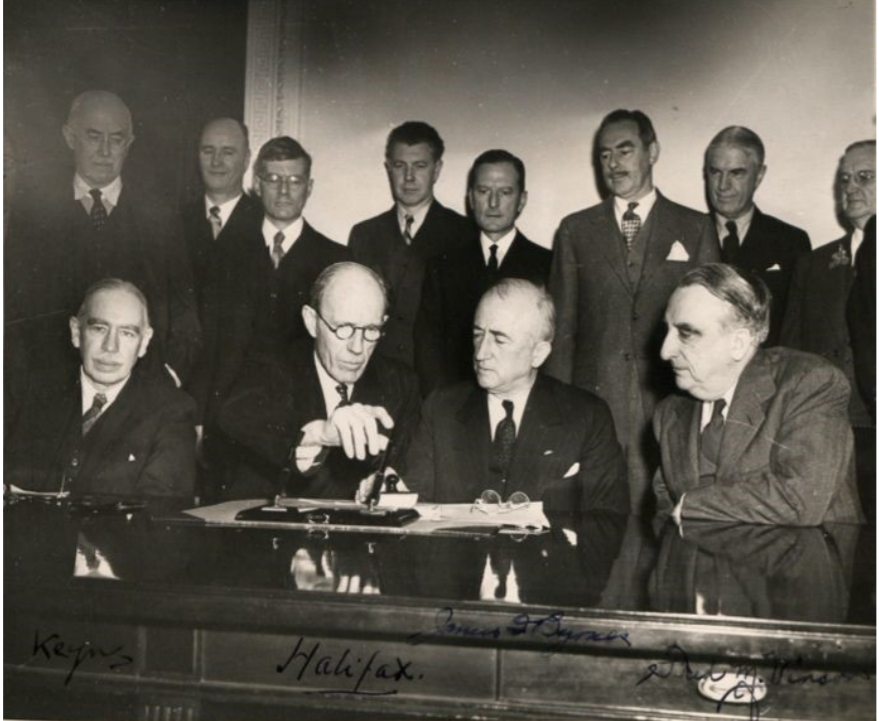
...wartime alliance, now threatened an already unstable international situation. The atomic bomb, employed to devastating effect against Japan, cast a global shadow. In some territories, like Greece or mainland China,...
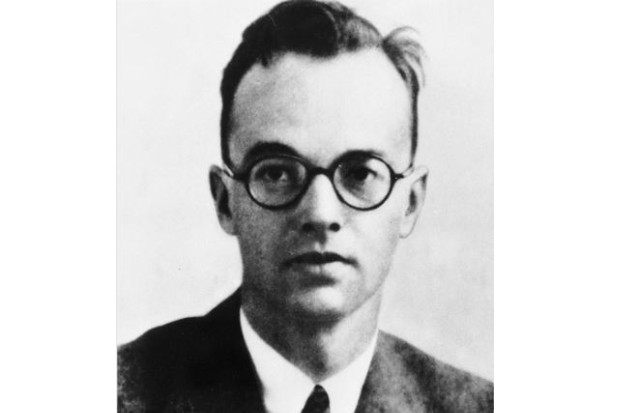
...United States, promoting free trade and convertible currencies, certainly preferred a European bloc, including Britain, to a collection of awkward independent countries. During negotiations for the implementation of the Marshall...
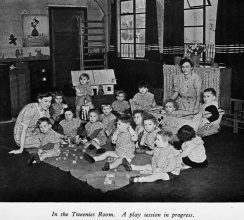
...best way to address gaps in the previous system and provide free healthcare to all. Activists and doctors had promoted these ideas in various guises since at least the Edwardian...
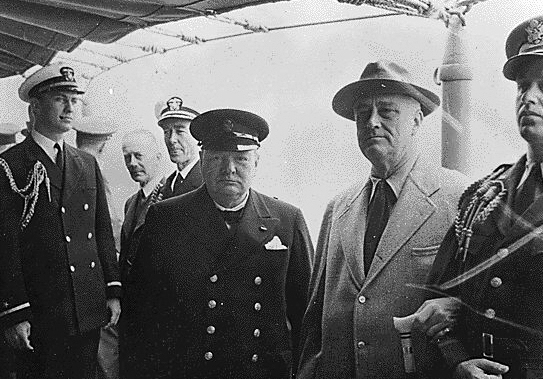
...of international tensions that persist today: for example in relation to Britain’s imperial legacy, Russian suspicions of Western intentions and transatlantic differences over trade. President Roosevelt and Winston Churchill on...
![Extract of the draft note from 2 January 1917 on 10 Downing Street headed paper which reads 'To: The Private Secretary, the Prime Minister has decided, with a view to keeping himself in close touch with the several departments, to establish a ['Secretariat' is crossed out and replaced by 'Department'] in connection with Office of the First Lord of the Treasury. The following gentlemen have been appointed to act as secretaries to the ['First Lord of the Treasury' is crossed out and replaced by 'new Department']](https://history.blog.gov.uk/wp-content/uploads/sites/2/2017/01/edited-e1483652073427.jpg)
...A hundred years ago today, on 5 January 1917, in the midst of the Great War, an important note was circulated around Whitehall departments. J. T. Davis, private secretary to...
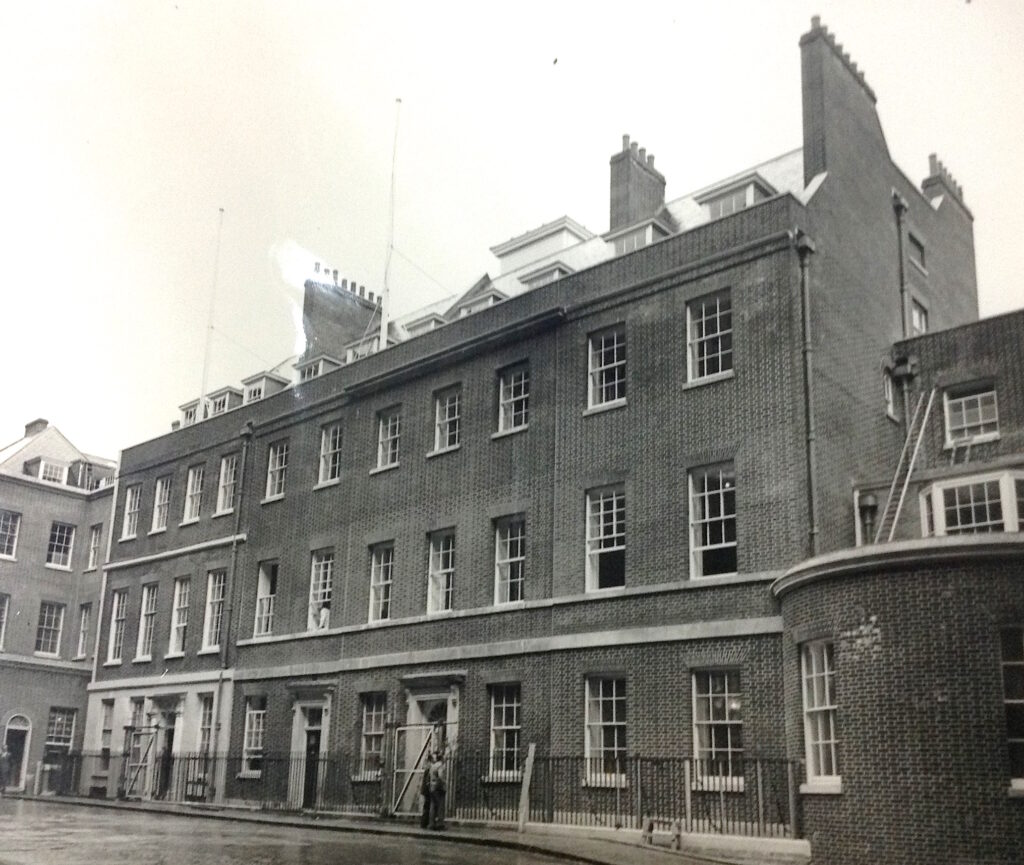
...the men without a formal break in what was described as a ‘free tea’ solution – was rejected.[xv] By November 1961, it was reported that the Downing Street programme was...
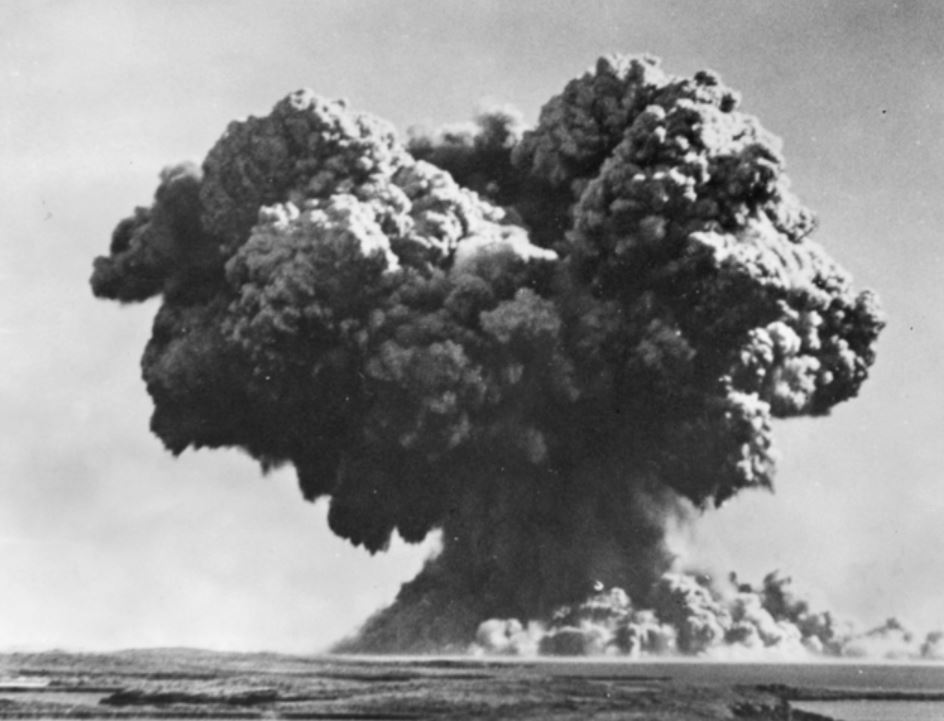
...what many had assumed ever since the use of the first atomic weapons against Japan in August 1945. When Churchill, now Leader of the Opposition, said in Parliament in November...
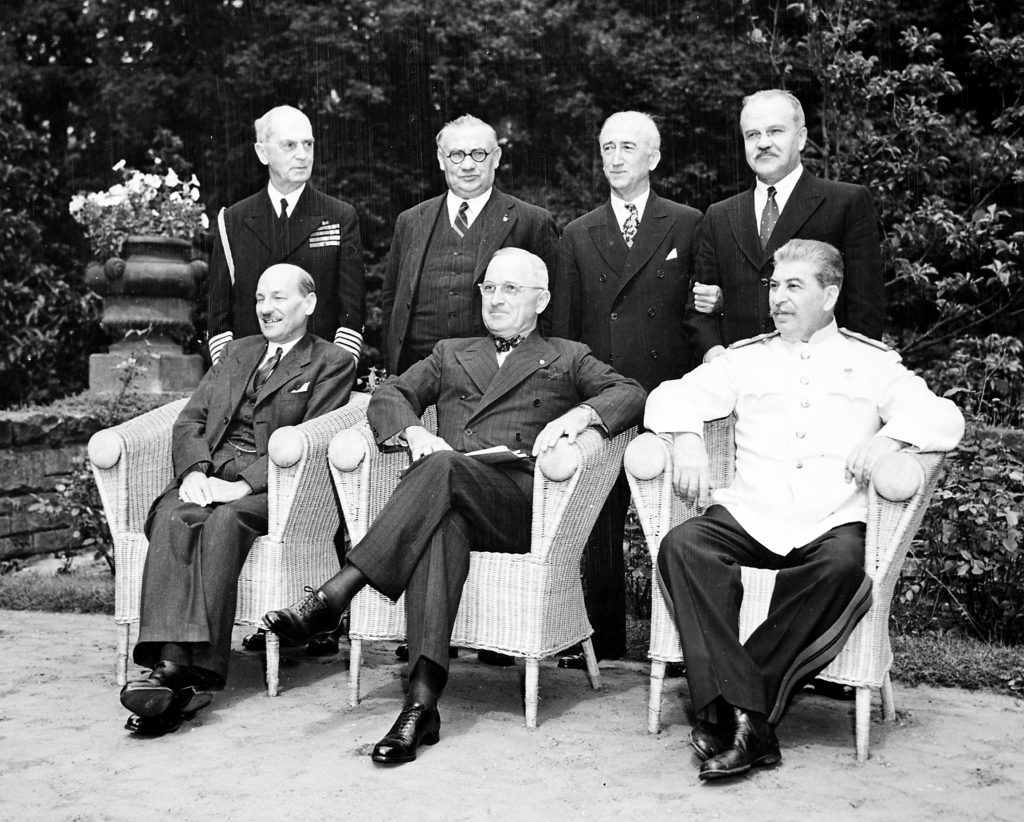
...Copyright) The last great conference In fact, the war was not yet over. Though victory was achieved in Europe, fighting continued against Japan. The day before Potsdam opened, the atomic...
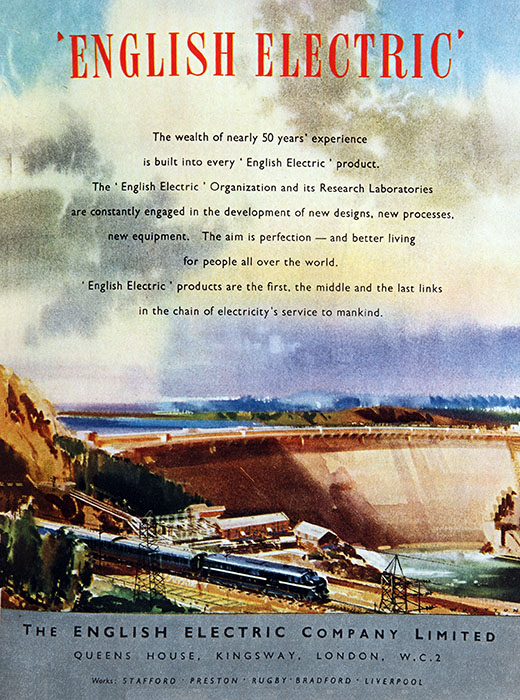
...could compete on a global basis, not by nationalisation but by promoting amalgamation. Harold Wilson’s oft-cited speech on the ‘white heat of technology’ recognised the importance of new technology, and...